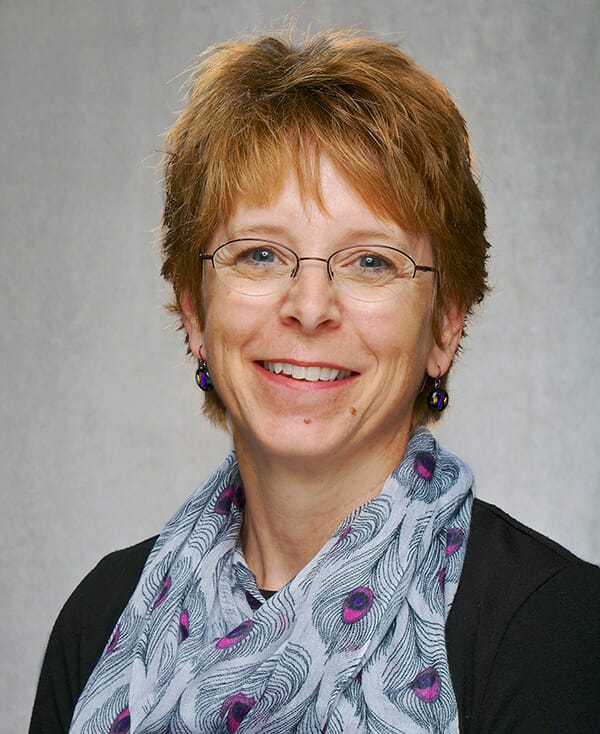
Searching for a job if you’re an ex-offender
Each year as many as 700 people leave prison and come home to Madison to resume their lives, according to the United Way of Dane County. While there are challenges to finding a job as an ex-offender, our community has many resources to help.
“Among the biggest obstacles that the reentry community faces are low self-esteem and a narrow view of the opportunities available to them. Men and women returning from prison should aim high when setting career goals,” said Peter Moreno, director of UW-Madison’s Odyssey Beyond Bars program. “In Dane County, a criminal record does not have to be an obstacle to professional success.”
So where can you start, if you want to put your past mistakes very firmly behind you?
Strategies for starting over
- Understand that there are jobs to be had. Unemployment here is very low and businesses across Wisconsin want to reduce barriers for job seekers. Earlier this year, state politicians proposed a law requesting that judges seal more records of low-level offenders—making it easier for them to find employment.
- Learn your rights. In Wisconsin, it is against the law for a potential employer to make hiring decisions based on arrest record or conviction record unless the record is substantially related to the job. If you have the resources, speak to an attorney about your specific situation. In some circumstances, your criminal record can be expunged or hidden from public view. The Urban League of Greater Madison offers expungement clinics to help people clean up their records.

Sybil Pressprich: There are jobs to be had if you’re an ex-offender, but you need to prepare for the search and rebuild your work record. - Consider returning to school. Education can make a huge difference in your professional opportunities. Returning to school can get you up to speed in your chosen field, build confidence, and show employers you are serious about creating a new life. Criminal convictions generally do not disqualify people for financial aid or free classes.
- Prepare your references. Almost every employer will ask for one or two references. These are people who can talk about your work history or your trustworthiness, and typically are not friends or family. Good options include a mentor, a former coworker or supervisor, a faith leader, or a volunteer coordinator. Get permission before sharing their contact information and ask if they feel comfortable giving you a good reference.
- Be honest but brief—and PRACTICE. Be truthful during your job search rather than losing the employer’s trust if your criminal record is revealed after you’ve been hired. Find someone to provide feedback as you practice briefly explaining your situation and describing what you’ve done to turn your life around. The more times you rehearse, the easier it will be in an actual interview.
- Use all of your resources. Visit your local job center; many have information for ex-offenders. Also use the internet or ask your local librarian to help identify companies known to hire ex-offenders. The Madison Urban Ministry’s Journey Home program offers help and advice.
- Rebuild your work record. Whether it’s seasonal work, an entry-level position, a temporary job, or even volunteering, take every chance to build a positive work history. Show that you can be responsible and reliable; this may lead to better employment options in the future.
- Surround yourself with positive people who are a good influence. Whether you join a job search support group, a church, or a community center, seek out people who can help you reach your goals. Be positive in your relationships. Don’t waste time with people who want less than the best for you.
Remember that everyone deserves a second chance—you do, too.
Resources for ex-offenders
Madison Area Urban Ministry
Nehemiah Center for Urban Leadership Development
State of Wisconsin Department of Workforce Development
Urban League of Greater Madison
Career corner is a monthly feature written by UW–Madison’s Continuing Studies staff. Sybil Pressprich, career services director, can be reached at [email protected]. This article originally appeared in the Wisconsin State Journal.
Published on Mar 18 2019
Last Updated on Jul 10 2024
Categories: Adult Career and Special Student Services, News




